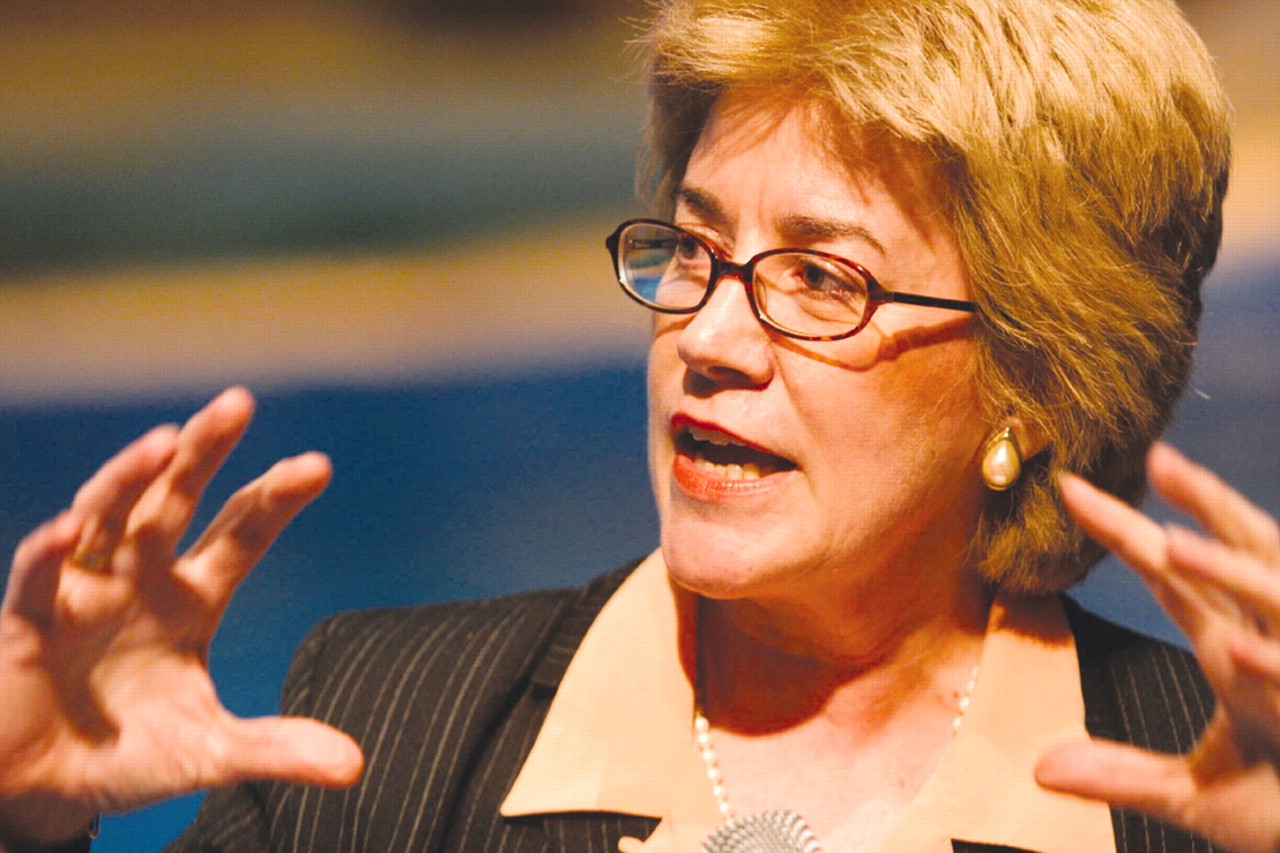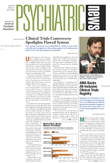By collaborating with a number of federal agencies that administer policies related to labor, education, and criminal justice, federal mental health officials are one step closer to achieving the goals set forth in the 2003 report of the President's New Freedom Commission on Mental Health.
A. Kathryn Power, M.Ed., director of the federal Center for Mental Health Services (CMHS), spoke recently about the steps she and others are taking to make this vision a reality.
“Combining forces is our best option for fighting for America's mental health,” Power told attendees at the annual meeting of the National Mental Health Association in Washington, D.C., last month.“ We're engaging dozens of public and private organizations, government agencies, consumers, and families in transforming mental health care.”
The federal action agenda outlines the plan for meeting the six goals named in the President's New Freedom Commission report, titled “Achieving the Promise: Transforming Mental Health Care in America.” Although it is not yet available to the public, Power previewed a few of the actions in the plan.
Members of a “federal partners work group,” which is composed of representatives from more than 20 federal agencies including the Department of Education, Department of Labor, and Department of Justice, are working together to develop the action agenda.
“These agencies realize they have a stake in the nation's mental health,” Power said.
The Department of Education is involved because “50 percent of children with severe emotional disturbances drop out of high school,” Power said.
With regard to the Department of Labor, 1 of 3 people with mental illness is unemployed, she pointed out. As for the Department of Justice,“ approximately 800,000 people with serious mental illness are admitted annually to U.S. prisons and jails.”
As part of the action agenda, officials with the Substance Abuse and Mental Health Services Administration, the parent organization of CMHS, plan to convene a task force composed of representatives from the public and private mental health sectors to create a national strategic workforce development plan, Power said, “which will focus on developing a mental health work-force able to deliver culturally competent, evidence-based” mental health care.
In addition, Power said some members of the work group will review the agendas and curricula of a number of mental heath education and training programs that receive federal funding to ensure that the programs recruit and retain an adequate number of racial and ethnic minority trainees and“ emphasize and develop cultural and linguistic competence” in clinical practice.
There are also a number of initiatives the work group will undertake to improve the state of children's mental health services to eliminate the barriers faced by children and families who seek mental health care, according to Power.
Among those is a plan to review mental health screening instruments“ to identify those that are developmentally, culturally, and environmentally appropriate to children,” she said.
Power said she would like to raise public awareness and educate parents, clinicians, and policymakers about “the importance of a child's first years as a foundation for healthy social, emotional, and cognitive development.”
The audience burst into applause when Power announced her intentions to“ take action to help parents obtain mental health services for their children without having to give up custody of them.”
Elderly patients could benefit from the federal action plan too, Power pointed out. Members of the work group plan to collaborate with the Administration on Aging to enhance mental health care services for elderly patients, by, for instance, training primary care physicians to recognize mental health problems in that population.
“As the partners of those we serve,” Power said, “we have been called upon to remove the barriers preventing people with mental illness from living their lives to the fullest and from seeking and finding hope in their own recovery.” ▪

